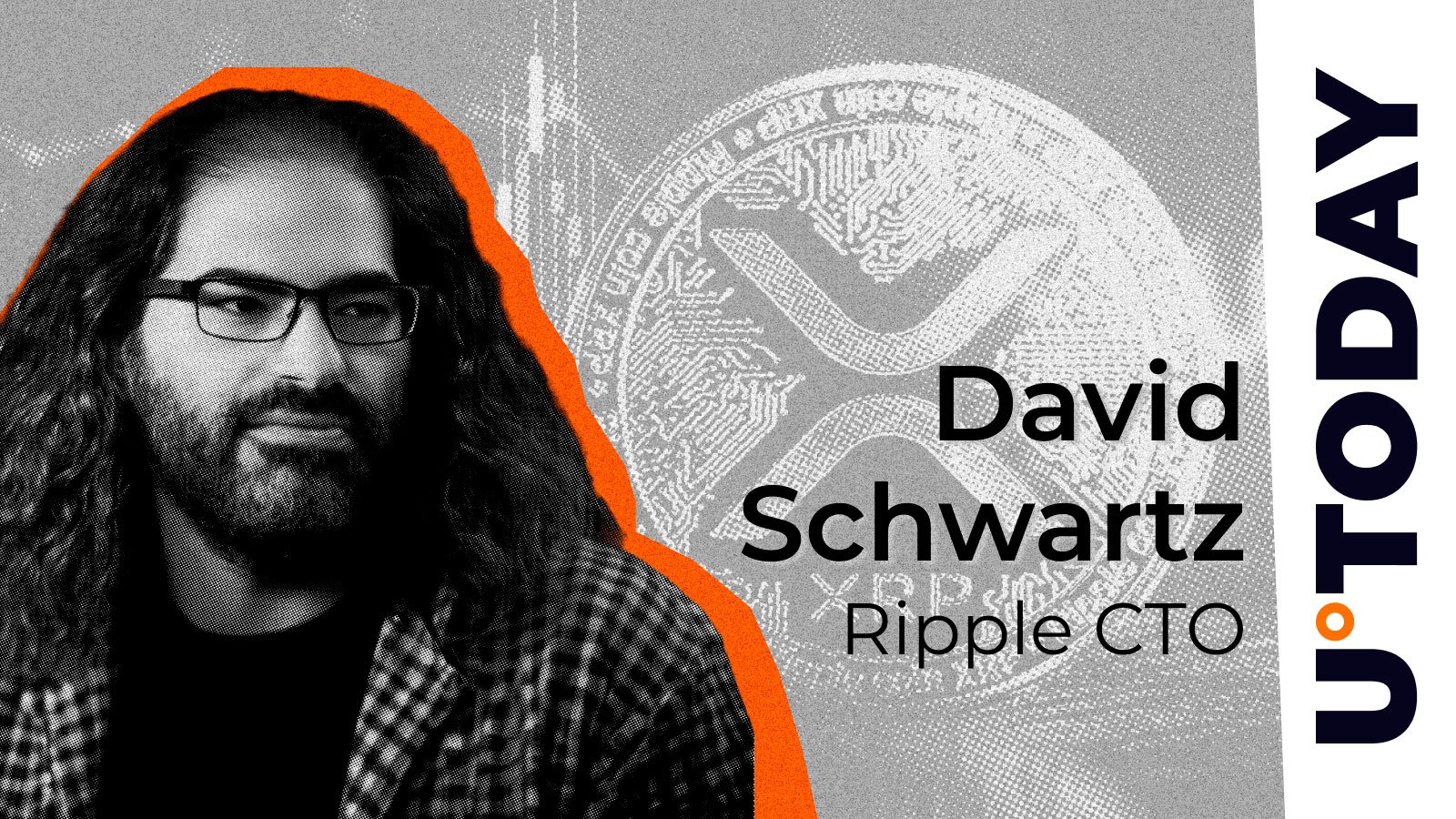CTO at Ripple David Schwartz She recently shared some thoughts on the company's media strategy during its three-year legal battle with the Securities and Exchange Commission. The case ended with a partial victory for Ripple, after they argued that XRP, the cryptocurrency linked to Ripple, should not be classified as a security.
The court concluded that XRP is not a security, but the cryptocurrency company was fined for selling the coins to institutional clients. This has brought clarity to the asset's status, which has major implications for both the San Francisco-based company and the broader cryptocurrency market.
Schwartz talked about the challenges ripple Faced with dealing with false information about XRP During the lawsuit. He acknowledged that the company could do little to directly challenge false stories about... Cryptocurrency Because of legal and strategic boundaries.
Instead, they relied on their community, also known as the “XRP Army,” to spread the right message. But this meant the spread of misinformation and speculation, which was not ideal.
Schwartz said Ripple tried not to amplify unverified claims or people intentionally spreading misleading information, but he acknowledged that approach may have had the opposite effect. If they deal with inaccurate information, they may mistakenly give them more credibility or visibility, making it difficult for Ripple to respond to the media, he said.
Schwartz also talked about how Ripple is trying to differentiate between helpful contributions and unsubstantiated claims in the XRP community. While the company recognized the importance of promoting a positive narrative, it remained cautious in dealing with content or individuals that might harm its reputation or mislead the public.
Source link


